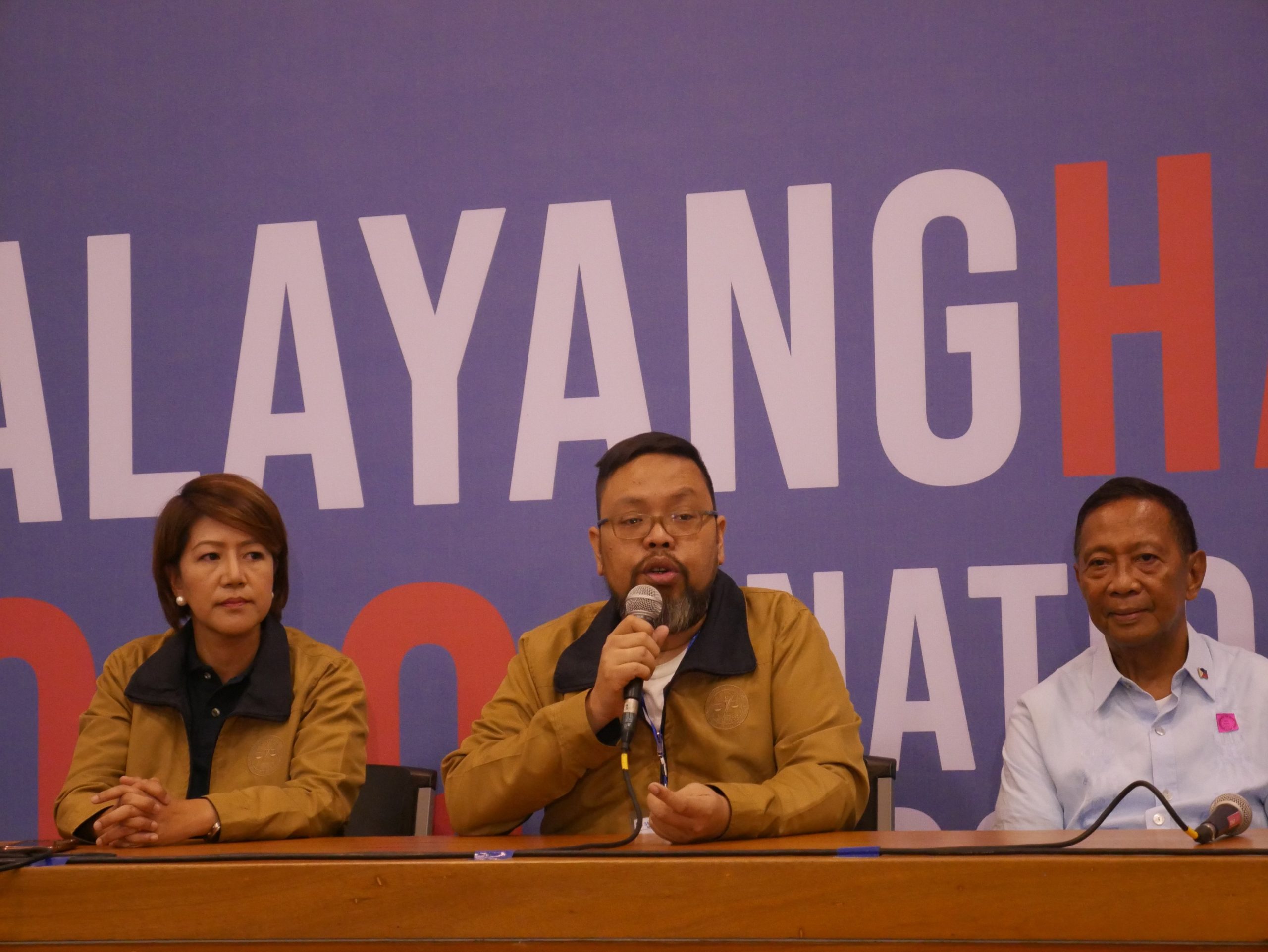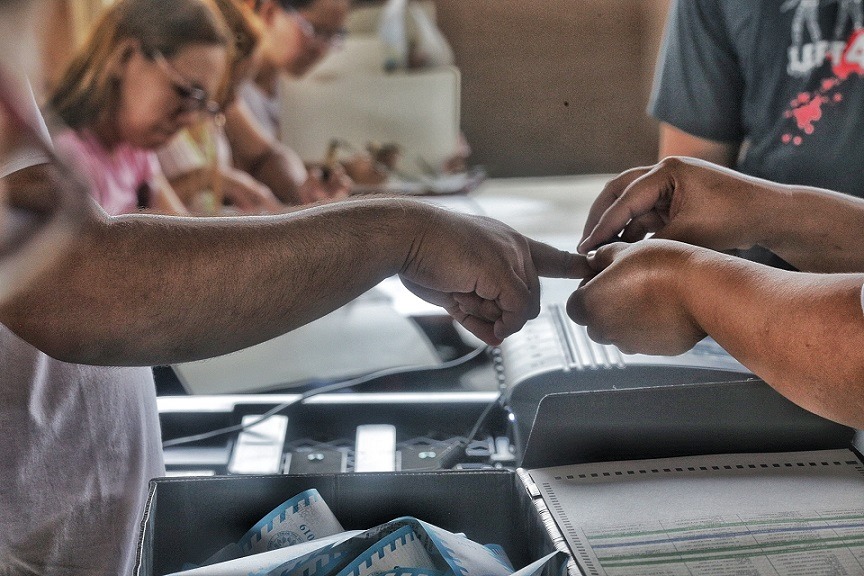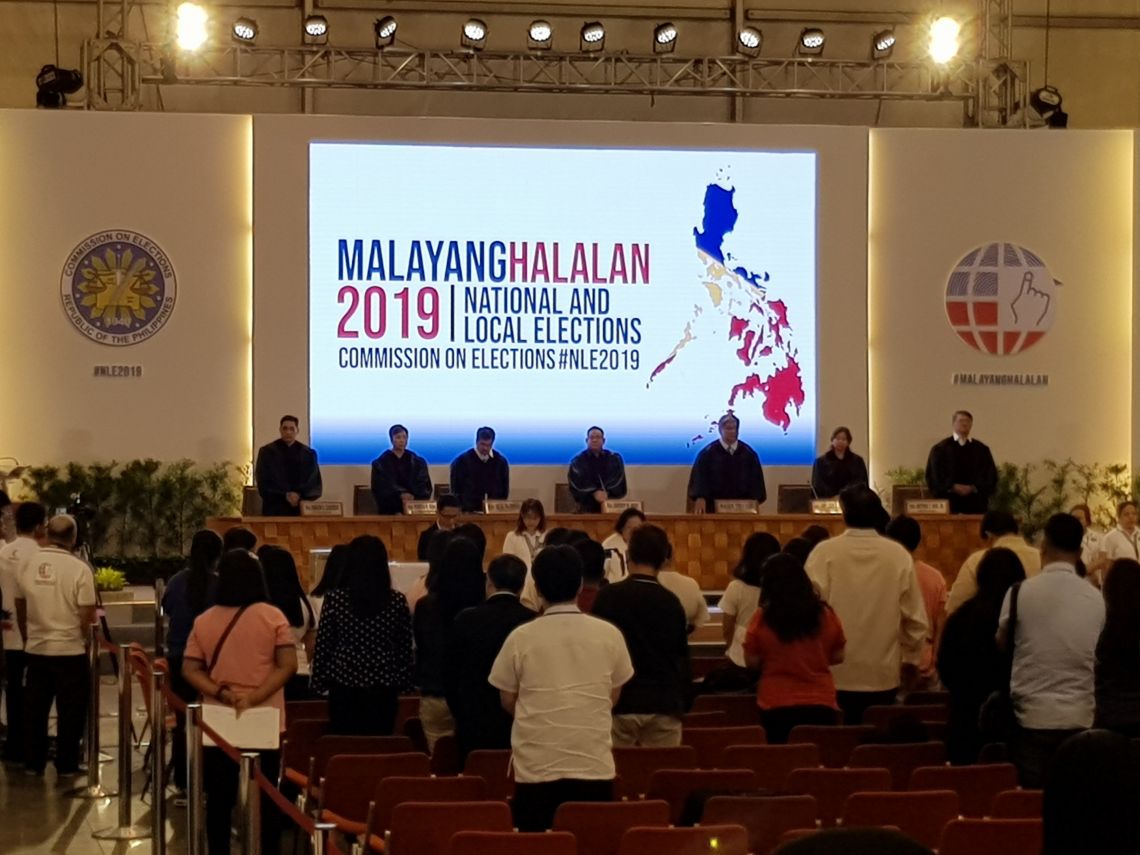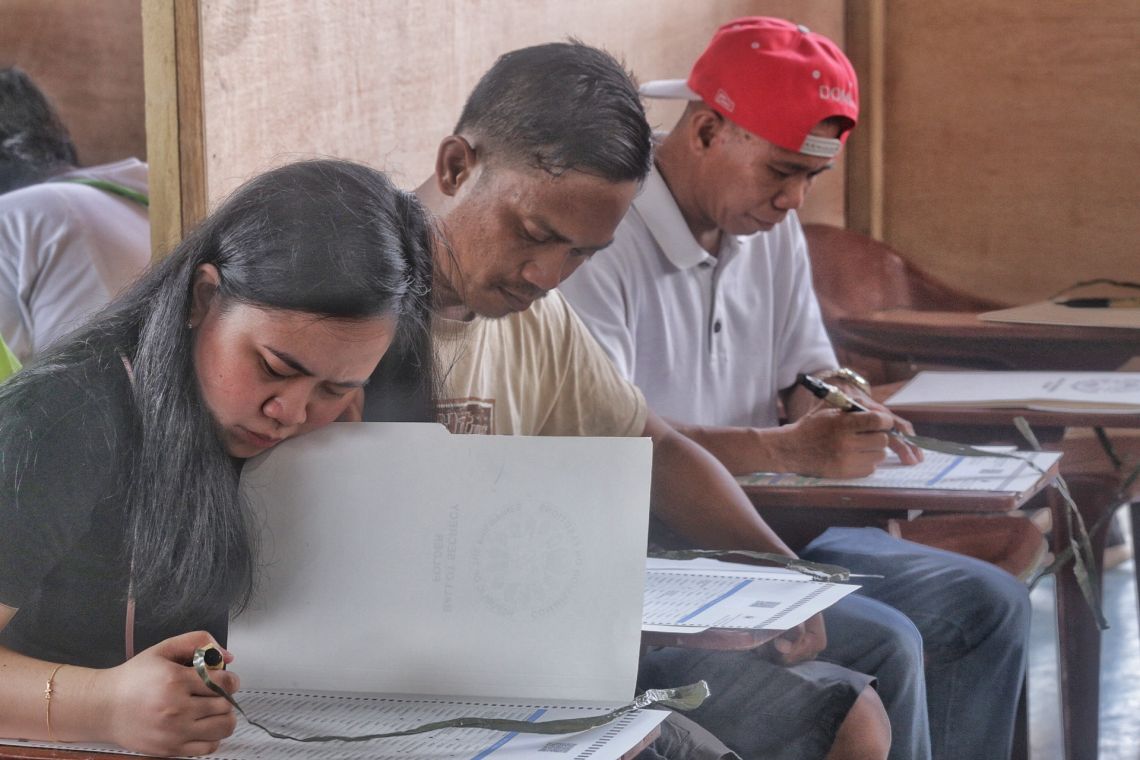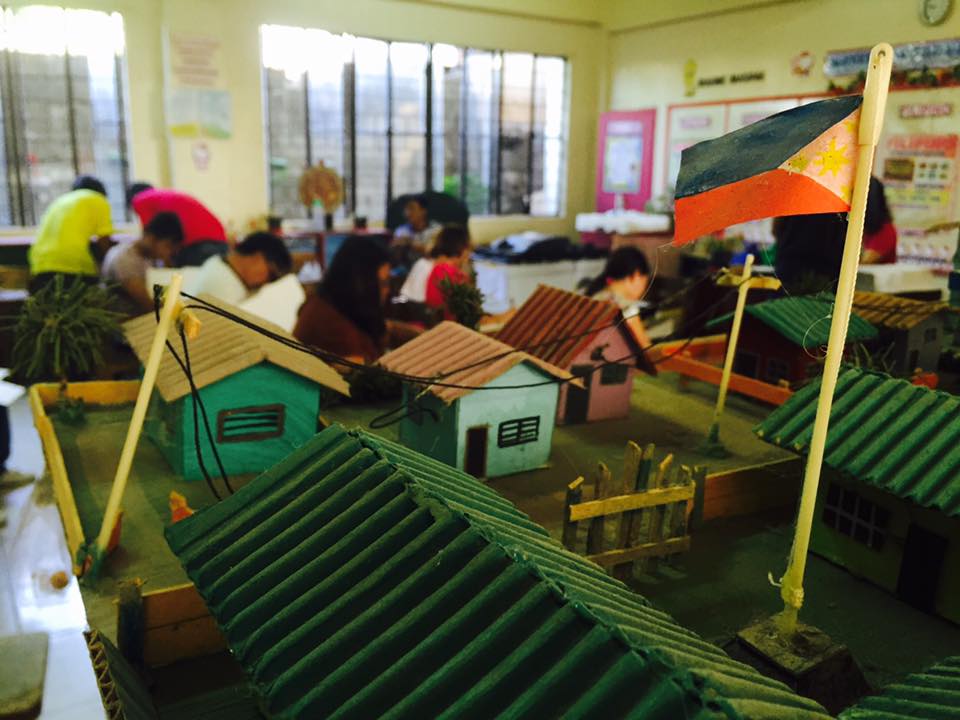
More than 61 million Filipinos are expected to head to the polls in national and local elections widely seen as a referendum on the Duterte administration mid-way through his term.
Administration senatorial candidates have said that a vote for them is a vote for the continuation of the war on drugs and the anti-corruption campaign of President Rodrigo Duterte, who joined them as they barnstormed in the past three months.
The opposition coalition, on the other hand, has campaigned on a platform based on respect for human rights and an end to extra-judicial killings linked to the government’s anti-drug war.
Independent surveys have consistently showed government-backed senatorial candidates getting a slot in the ‘Magic 12’, reflecting strong support for Duterte’s policies and style of governance.
The Commission on Elections is all set for the political exercise, says Spokesperson James Jimenez. “We’re pretty confident that the elections will push through as planned, that the elections will be generally peaceful and that we are going to receive more than 61 million Filipinos on Election Day,” he said ahead of the May 13 elections.
Hesaid though, that incidents that took place in the last election, such as “electioneering and politicians trying to campaign inside the polling places,” could happen again this year.
Jimenez dismissed as false the reports circulating on social media about voters needing to present identification cards.
“Registered voters only need to know the location of their voting centers. No documents needed to vote,” he reminded voters.
The poll body also warned that giving and receiving money in exchange for votes are election offenses. This after the police reported that more than 80 people have been arrested for their alleged involvement in vote buying and selling in Metro Manila alone.
There have been reports of similar incidents in other parts of the country, prompting COMELEC Commissioner Rowena Guanzon to say that vote-buying is worse this year than in the 2016 elections. Reports indicate that those involved are local candidates, she said.
In a press conference on the eve of elections, Jimenez urged voters to document cases of vote-buying so that the poll body can use these as evidence to prosecute and disqualify candidates.
On Monday, voters are to choose 12 new senators among 62 senatorial candidates, at least half of whom have experience in government service. Twenty-one percent come from the field of business. A total of 134 party-list groups are running for 59 seats in the House of Representatives.
Of the 61,843,750 voters who are registered for this year’s polls, around 2.1 million are expected to get indelible ink on their finger for the first time.
Voters, especially those who are heading for the polls for the first time, are reminded to completely shade the circles in a voting ballot. They should not over vote or else their vote for that particular position would be not be counted.
Over-voting, which refers to voting more than the allowed number of seats for a position, will cause the vote counting machine (VCM) not to tally the votes for that specific position. But it will only invalidate the vote for a certain position and not the ballot itself.
Under-voting, which means voting less than the maximum number allowed for a specific position, will not invalidate a ballot.
PWD voting provisions available
Ron Gutierrez, the Executive Director of ULAN (Upholding Life and Nature), told VERA Files that out of the 61.8 million registered voters for this year’s polls, 342,300 are persons with disability (PWD) and 8,076,306 are senior citizens.
However, he noted that only 30,936 PWDs and 211,427 senior citizens indicated that they would vote in accessible polling places (APP).
“These 240,000 or so voters are assured of voting (on the) ground floor,” said Gutierrez.
“But this also means there are 311,364 PWDs and 7,864,879 senior citizens who have no guarantee that they will vote on the ground floor,” he added. “And most likely, given the numbers, (if they’re voting in Metro Manila), they will be voting in multi-level centers.”
The COMELEC is authorized to establish APPs under Republic Act 10366. The law also allows voters in APPs to have assistors. In addition, COMELEC Resolution No. 10486 states that emergency accessible polling places (EAPP) must be put up for those who did not indicate that they would vote APPs.
The resolution adds that the EAPP should ideally be on the ground floor of multi-storey voting centers and in single-storey voting centers that can only accessed by steep inclines.
Gutierrez said PWDs have the same voting rights as everybody else, along with the right to be respected in voting centers.
“For PWDs with non-manifest disabilities, they might need to bring their IDs or some certification that they have this disability,” he said.
Citizens’ watchdogs on guard
The country’s two major poll-watching groups have also said that they are ready to ensure that the 2019 midterm elections are honest and transparent.
The Parish Pastoral Council for Responsible Voting (PPCRV) launched on May 8 its election Command Center at the Pope Pius XII Catholic Center in Manila.
The Command Center – which has around 100 computers and an array of LED screens in front – will be used for the unofficial parallel count of the automated midterm polls. The poll watchdog also has an election transparency server in the Pope Pius XII compound.
PPCRV Volunteer Bro. Romulo Guillermo, who has been designated at the Command Center’s Coordinator, said the group will validate the transmitted election returns with the printed election returns from the vote-counting machines.
He added that the PPCRV will only validate the votes of senatorial and party-list candidates.
“What we do here is we have non-partisan volunteers encode the physical election returns into the system that has been made by PPCRV I.T. experts,” he said. “What we do is we encode the corresponding votes for the candidates into the system and the system batches it into signals coming from the server.”
Guillermo said if there are discrepancies, there would be second and third passes. Once everything is resolved, the group would then submit its reports.
Meanwhile, the National Movement for Free Elections (NAMFREL) said it will continue to monitor Election Day despite returning its COMELEC accreditation on April 30.
NAMFREL Secretary General Eric Alvia said they returned the accreditation as the COMELEC refused to provide access to election data for NAMFREL’s Open Election Data project, which would allow the public to monitor the polls in near-real time.
Nonetheless, Alvia said they have other sources for the data.
“Groups with access to the data have offered assistance to us,” he said. “It’s not ideal. There will be some adjustments. We need to make this data as pristine as possible.”
Be vigilant, even after polls
PPCRV Executive Director Maribel Buenaobra, in a forum last Feb 26, said before shading a circle on the ballot on May 13, voters should always ask if a candidate is competent enough to solve problems.
“You show your love for country by exercising your right to vote and using informed decision-making. Are they going to make our lives better or not?”
And unlike what many people think, a voter’s job does not stop at the polling precincts.
In the book Strong Patronage, Weak Parties: The Case for Electoral System Redesign in the Philippines, National University political science professor Paul Hutchcroft wrote that many voters forget to hold elected officials to their promises, thus weakening the country’s democracy.
“When voters have already received material benefits from an official at election time, their capacity to follow up with that official on policy matters after the election has been diminished,” he said.

